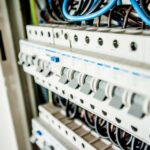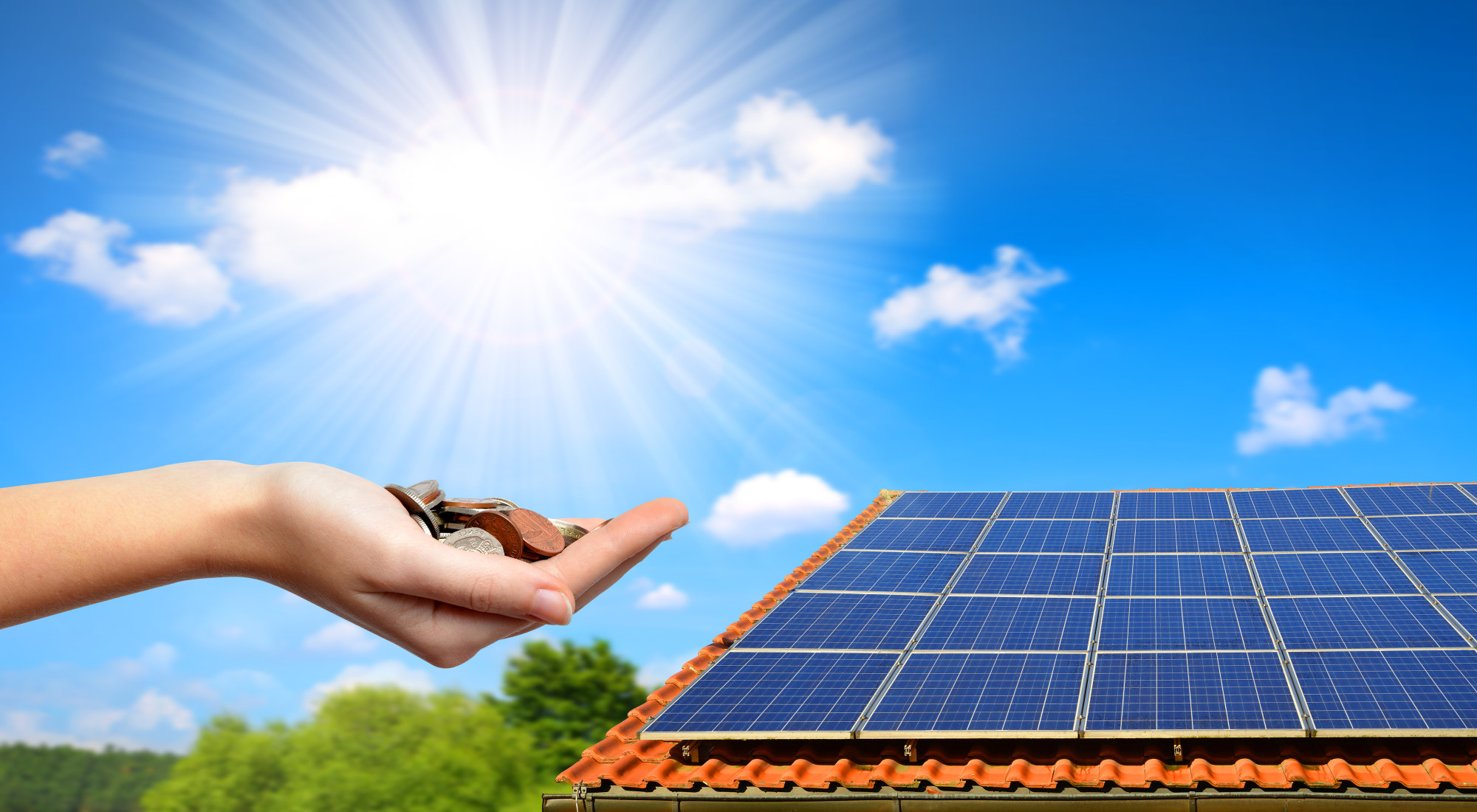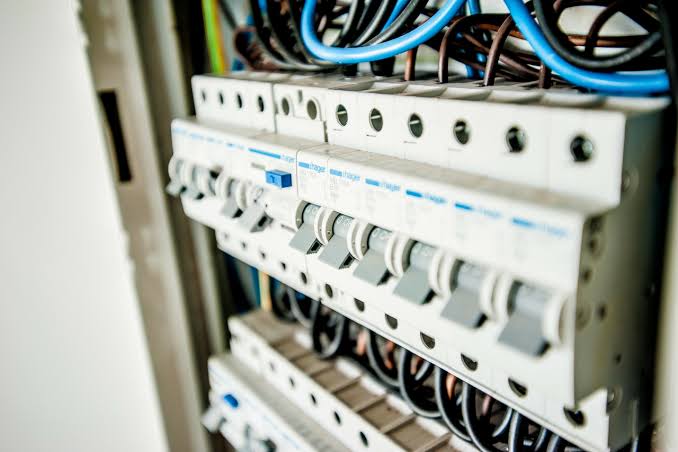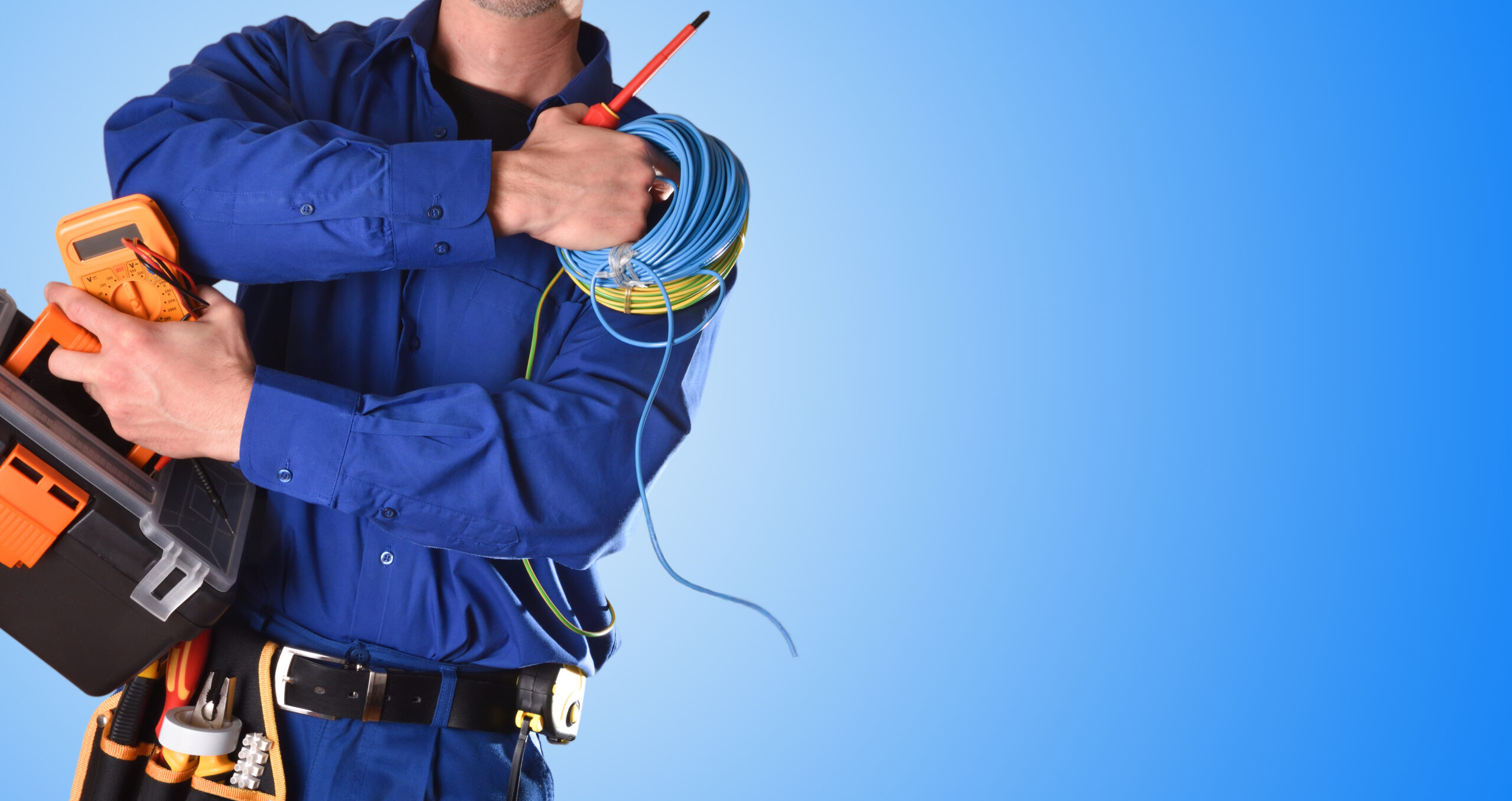Experts estimate solar photovoltaic (PV) installations to exceed 150 gigawatts (GW) this 2021. This would signify a 13.8 GW increase from the previous year’s total installations.
One proposed reason for that growth is the rise in the number of consumers switching to solar. After all, more people have become aware of the benefits of solar as a green energy source.
So, what exactly makes solar power green, and why is it a worthy investment? Where can you even use solar power at home?
This guide answers all those questions and more, so be sure to read on!
Is Switching to Solar Worth It?
The fact alone that solar has one of the lowest carbon footprints of all energy sources makes it worth it. That means going solar can help reduce your household’s total carbon emissions. You definitely want to do that since CO emissions are the leading cause of global warming.
Global warming, in turn, may further increase the frequency of severe weather events. For example, climate change may bring more droughts, heatwaves, and floods. Worse, scientists believe it may cause more intense hurricanes.
So, by going solar, you can do your part in preventing such catastrophic consequences.
What About Financial Benefits?
Using solar energy can trim or even offset your electricity bills. Your utility company may even give you credits if your panels generate more energy than you need. You can then use these credits to lower your next month’s electricity bill.
What’s more, the price of solar panels has already dropped by as much as 99.6% from 1976. What’s more, there are many federal, state, and municipal renewable energy tax incentives. These programs can make your solar installation project even more affordable.
A perfect example is the federal investment tax credit (ITC). The government extended the 26% ITC for solar installations that start from 2021 to 2022. However, for installations that commence anytime in 2023, the ITC drops to 22%.
How Long Can You Expect Solar Panels to Last?
Solar PV panels can stay in service for at least 25 years, while many others last even longer. So, even if your return on investment takes, say, 15 years, your panels can still give you at least 10 years of savings. What’s more, most of today’s solar panel manufacturers offer warranties of 20 to 30 years.
Where Can You Use Solar Power at Home?
Solar PV energy can power electronics like microwaves, TVs, computers, and various ovens. You can also use sun-derived energy to light up your home and run electric fans. Outdoors, you can use it for a solar electric fence, lighting system, fountain, shower, or pool.
If you have a large solar PV system, it may even be enough to power a highly energy-efficient air conditioner. Plus, there are solar-specific appliances, such as refrigerators, freezers, and heaters.
Make that Eco-Conscious Choice by Going Solar ASAP
As you can see, switching to solar isn’t only about saving money; it’s more about preserving the planet. All that should be enough reason for you to consider investing in solar panels. The sooner you do, the sooner you can cut your carbon footprint and electricity bills.
Looking for more insights on home improvement, lifestyle, and health? Head over to our site’s other categories for more educational guides like this!











